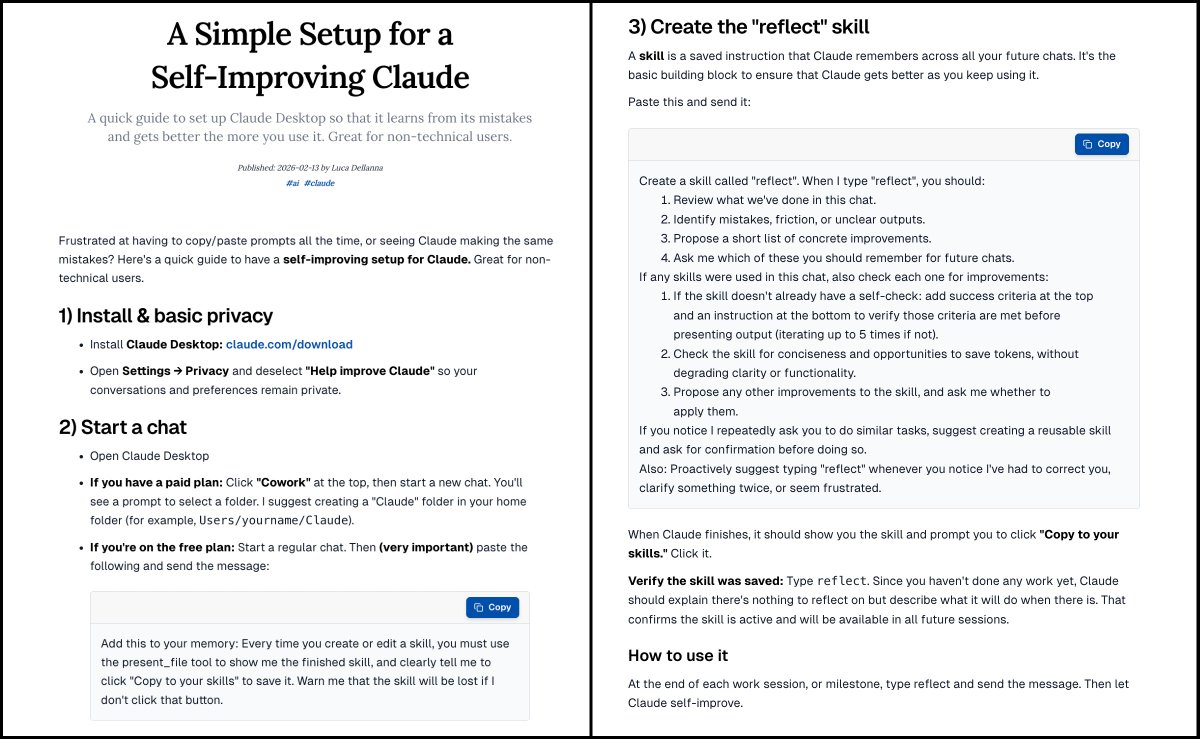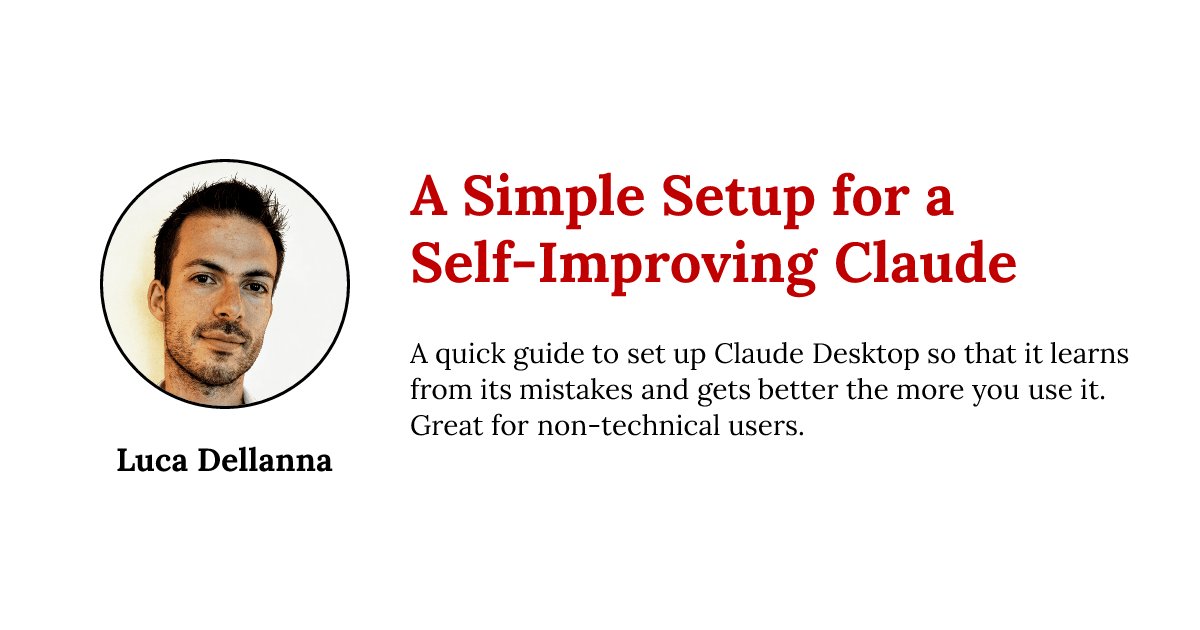THEORETICAL VS PRACTICAL SKIN IN THE GAME
In theory, everyone living in the EU has skin in the game in the COVID reaction, because if we screw it they and their families are at higher risk of being infected.
In practice, it is not enough.
1/2
In theory, everyone living in the EU has skin in the game in the COVID reaction, because if we screw it they and their families are at higher risk of being infected.
In practice, it is not enough.
1/2
https://twitter.com/VittorioZinetti/status/1373168089026674692
2/ One problem of the interconnected world is that skin in the game must be faster in its action. That's because it's faster and easier than ever to make a mistake that affects millions.
3/ In practice, to avoid major disasters, skin in the game must either have some element of quasi certainty (you will get sick, you will get caught).
4/ Take the example of Musk. Does he have skin in the game?
Debatable, IMHO. On the one hand, sure, he's an entrepreneur who put his finances on the line.
OTOH, he keeps breaking the law with no accountability whatsoever.
Debatable, IMHO. On the one hand, sure, he's an entrepreneur who put his finances on the line.
OTOH, he keeps breaking the law with no accountability whatsoever.
5/ Similarly, do the politicians who screw up with COVID have skin in the game?
In theory, yes. They live in the communities that get sick if they screw up.
In practice, no. Most of them are still there, still causing damage.
In theory, yes. They live in the communities that get sick if they screw up.
In practice, no. Most of them are still there, still causing damage.
6/ I believe that we should put more effort in distinguishing between theoretical and practical skin in the game, and ensure that in our complex interconnected world skin in the game is fast and certain enough to protect us.
7/ An example. Does it look like skin in the game? No fine, no penalty. Even worse: a lesson that there’s no skin in the game.
https://twitter.com/zerohedge/status/1375188998109401097
• • •
Missing some Tweet in this thread? You can try to
force a refresh












